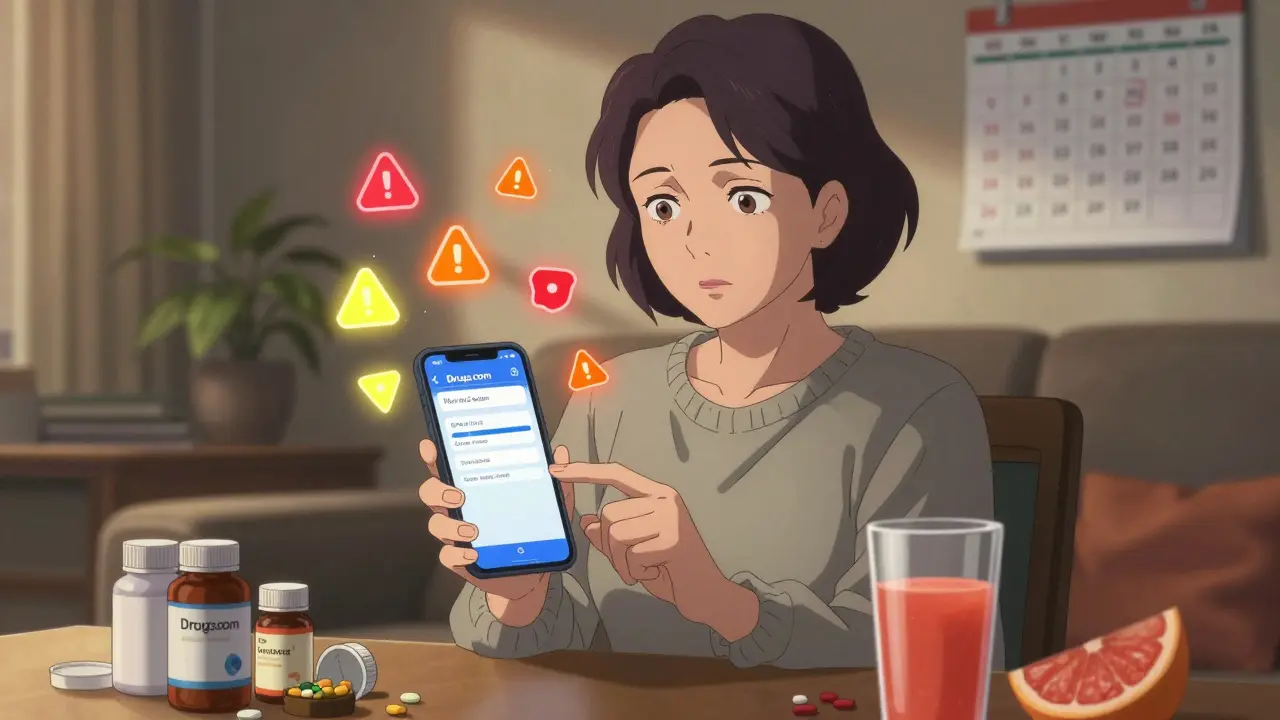Ever wonder why doctors always ask about every pill or supplement you take? It’s because drugs don’t work alone—they can interact in ways that change how they affect your body or cause unexpected side effects. Knowing about drug interactions helps you avoid risks and get the best results from your meds.
Drug interactions happen when one medicine changes the effect of another. This can make treatments less effective or lead to harmful side effects. For example, combining acetaminophen with certain other painkillers might increase liver strain, or mixing some antifungals like terbinafine with other drugs can change how one or both work. The key is being aware, asking your healthcare provider, and not mixing medicines without guidance.
There are three main types you should know:
Even over-the-counter meds like acetaminophen or commonly prescribed drugs like Januvia for diabetes can have risks if combined improperly with others. That’s why it’s important to tell your doctor or pharmacist about everything you're taking.
First, always use medications exactly as your doctor prescribes. Don’t skip doses or double up without consulting them. Keep a list of all your medicines, supplements, and vitamins to share during any medical visit. This helps healthcare providers spot possible interactions before they become a problem.
Also, watch out for new symptoms or side effects when starting a new medicine, especially if you already take several drugs. If something feels off—like unexplained tiredness, stomach issues, or allergic reactions—call your doctor right away. Sometimes switching to safer alternatives, such as those listed for asthma treatments or antibiotics, can make a big difference in your well-being.
Remember, online pharmacies and telemedicine services can be convenient, but always check their legitimacy—sites like LegitScript help identify safe options. Never buy medications from unverified sources to avoid counterfeit products that could harm you.
Knowing about drug interactions isn’t just for healthcare pros. Being informed puts you in control of your health and helps you avoid surprises that could turn simple treatment into a headache. Stay curious, ask questions, and keep communication open with your medical team. Your health is worth it!



